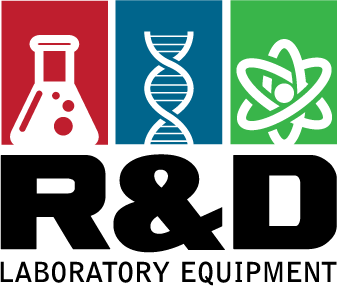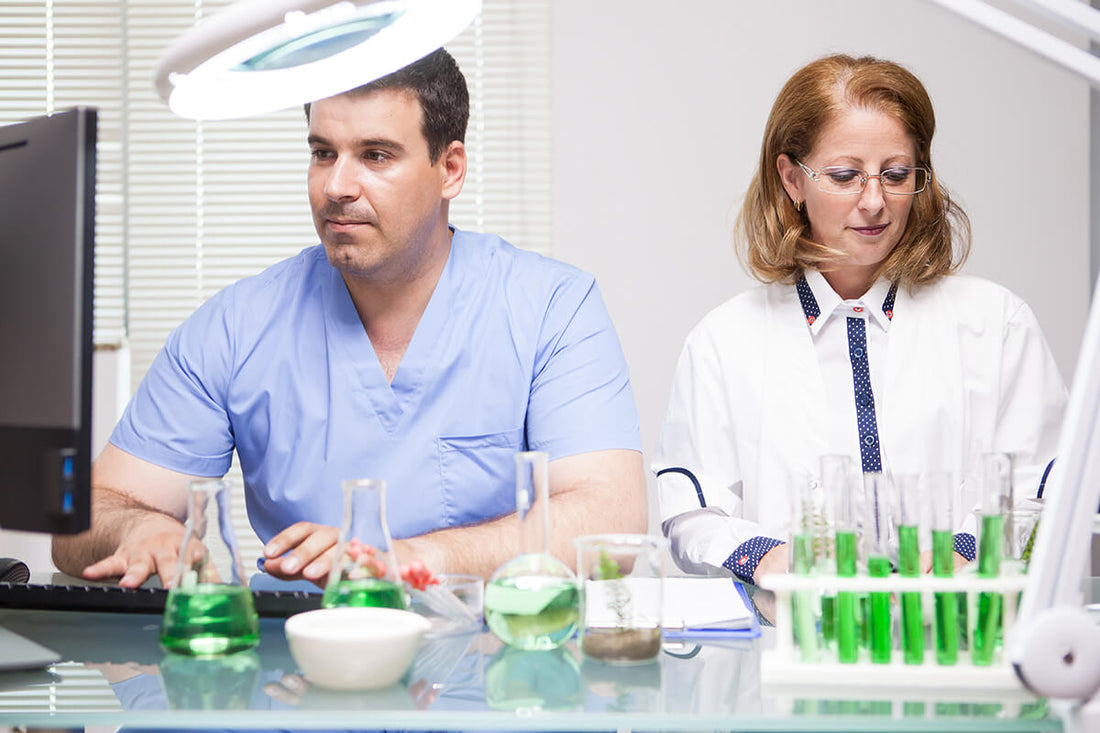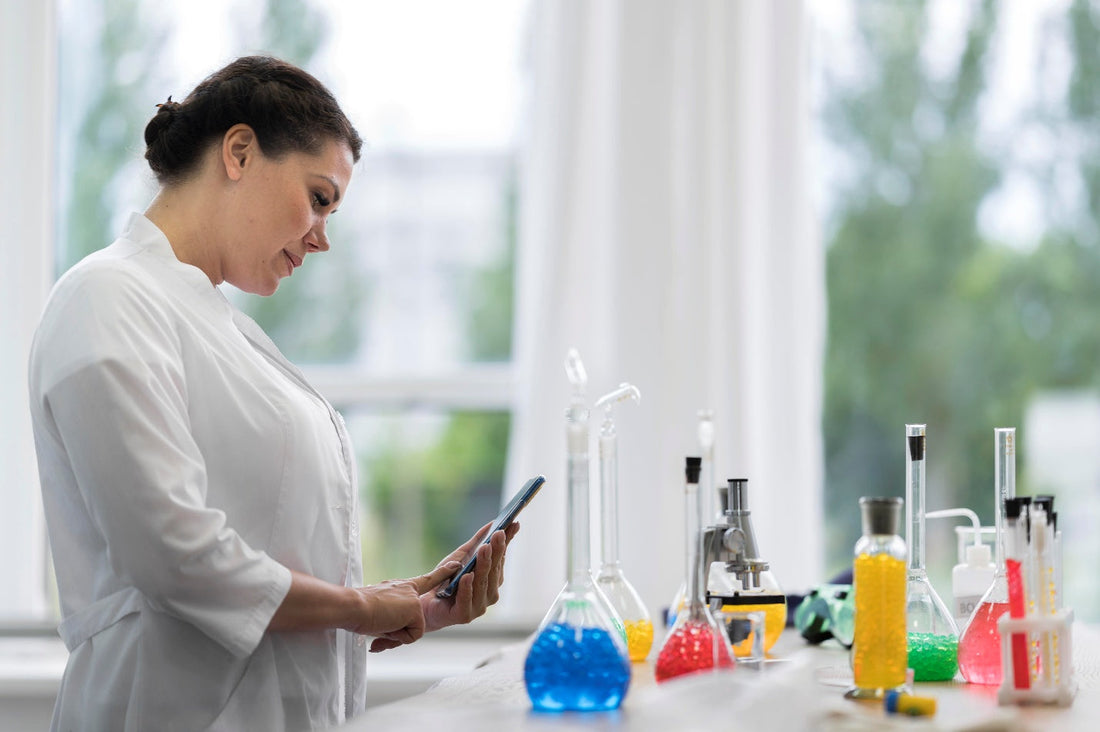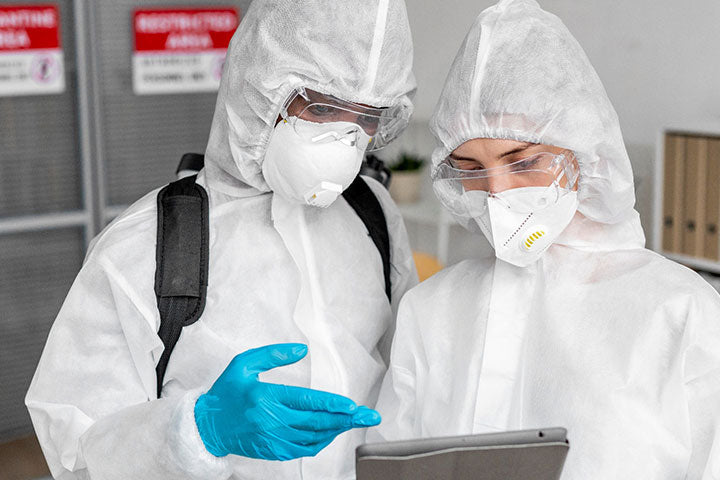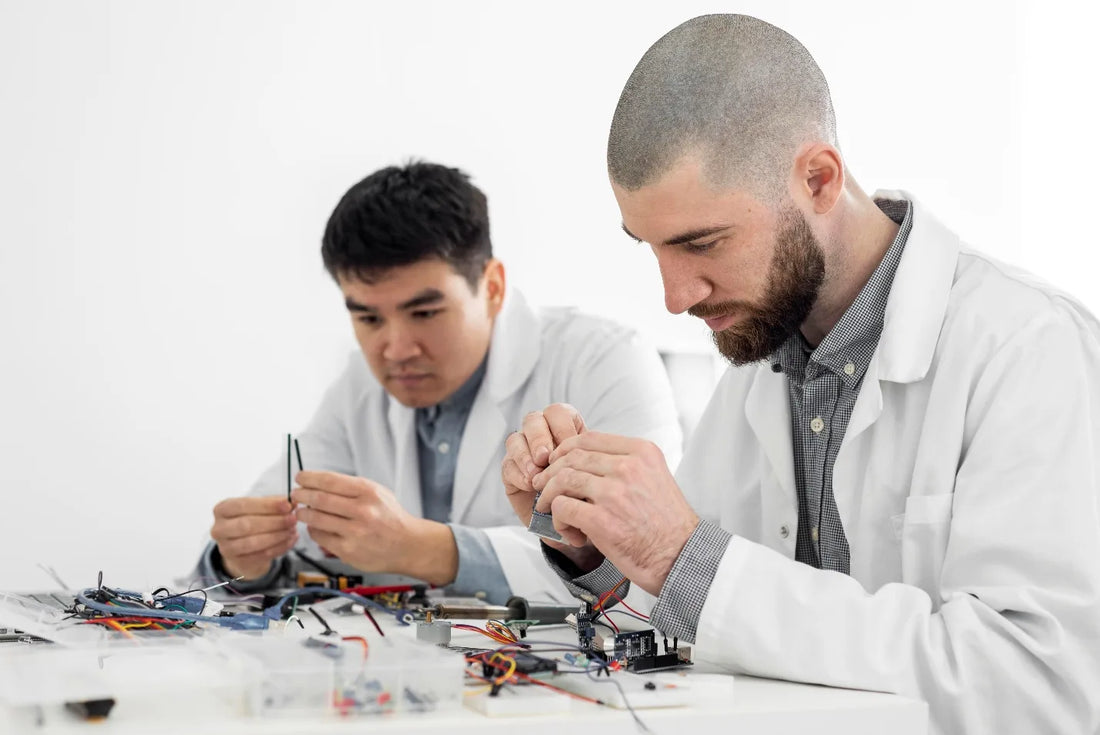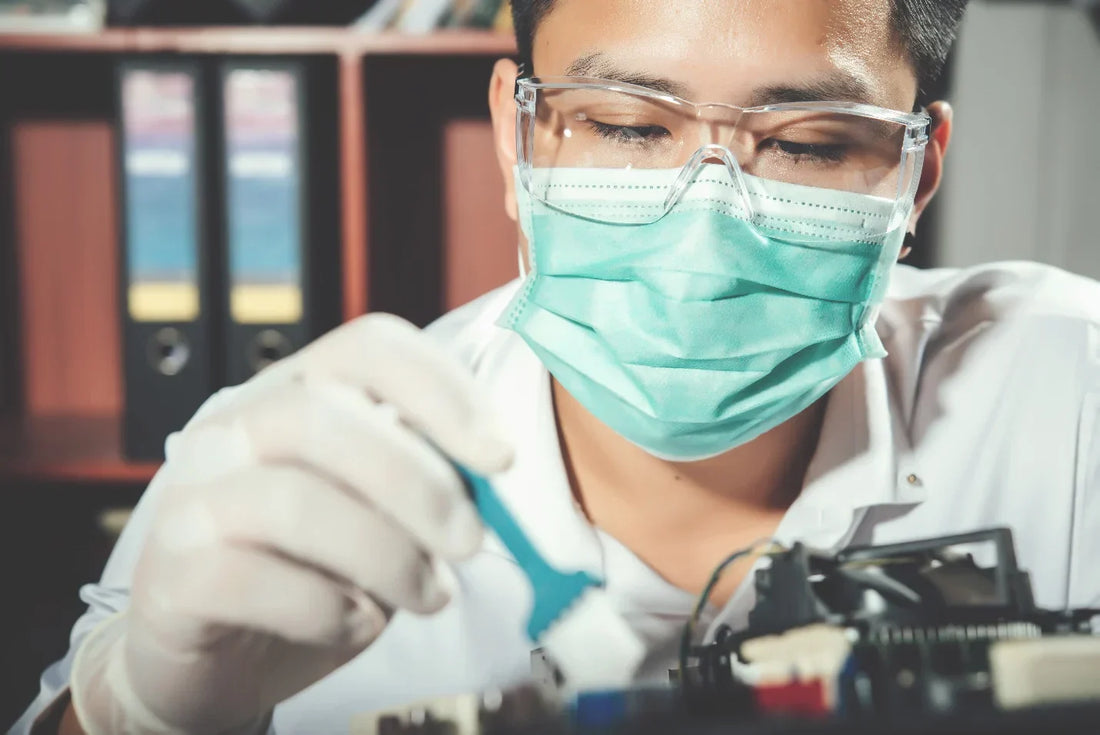Why Regular Lab Equipment Servicing is a Game-Changer for Accuracy

Summary
Lab equipment servicing is crucial for minimizing downtime, avoiding costly repairs, and ensuring reliable and accurate test results. This article examines the importance of regular maintenance for laboratory equipment.
Introduction
Laboratory equipment servicing plays a crucial role in the efficient and safe functioning of any laboratory.
From microscopes to centrifuges, these tools enable scientists to observe, measure, and analyze the world around us.
Regular servicing of lab equipment is not just a best practice recommendation, but an essential requirement for achieving accurate and reliable results. In this article, R&D Laboratory Equipment experts examine the importance of servicing.
The Importance of Regular Lab Equipment Servicing
Regular laboratory equipment servicing is crucial for several reasons, all of which contribute to efficient lab operations and quality control standards.
1. Extended Lifespan
Regular servicing helps reduce equipment wear and tear, thereby prolonging its lifespan. Maintenance tasks, such as cleaning, oiling moving parts, and timely part replacements, keep your equipment functioning efficiently and reduce the need for costly repairs.
2. Reliable and Accurate Results
Regular equipment servicing ensures accurate results by preventing calibration drift, contamination, and other errors that can compromise precision. Routine calibrations help maintain the unit of measurement in equipment, which is crucial for accuracy, compliance, and quality assurance.
3. Enhanced Safety
Poorly maintained lab equipment can endanger the health and safety of lab personnel. For instance, a poorly serviced centrifuge can vibrate or leak, becoming a safety hazard to both the environment and personnel.
Key Benefits of Lab Equipment Servicing

From a business perspective, regular equipment servicing can enhance your lab's reputation and reduce operating costs.
1. Cost Saving
Regular laboratory upkeep might seem like a waste of money, but the reality is that it helps prevent more expensive repairs and maintenance costs. Minor repairs cost less than extensive repairs, parts replacement, or resolving an equipment breakdown.
2. Compliance with Regulations
Many healthcare standards and regulations require regular servicing of laboratory equipment to ensure compliance. Adherence to standards such as ANSI/NSF 49, OSHA, ISO, and NIH/CDC is essential for maintaining quality, accuracy of results, and the safety of personnel and equipment.
3. Workflow Efficiency
Well-maintained laboratory equipment contributes to a seamless workflow. Uninterrupted laboratory processes enhance efficiency, ensuring the timely delivery of results and contributing to effective patient care and informed decision-making.
Common Issues That Require Laboratory Equipment Repair
As a lab manager, scientist, or contractor providing used lab equipment repair services, knowing the most common issues that affect laboratory equipment can help with quick diagnosis and prevent prolonged downtime. Common problems with lab equipment include:
1. Calibration Errors
Calibration ensures the accuracy of lab instruments. When your equipment lacks proper calibration, there is a risk of inconsistent or incorrect data, which can impact research accuracy and patient care.
2. Electrical and Power Issues
Power fluctuations, surges, and improper voltage settings can cause equipment malfunctions. If your equipment suddenly shuts down or doesn’t turn on, check the power source, cables, and fuses. If those are not the problem, have a lab repair contractor inspect it.
3. Lab Equipment Wear and Tear
Just like every other instrument, lab equipment wears out and just stops working. Regular equipment maintenance and repair ensure that these problems are caught and resolved early, preventing premature breakdown and loss of efficiency.
4. Contamination and Clogging Issues
Contaminated pipettes, spectrophotometers, and centrifuges can compromise the accuracy of results. While routine cleaning can help in some instances, decontamination requires a more professional approach.
The Role of Professional Lab Equipment Repair Services

Certified technicians bring specialized equipment and expertise to diagnose and resolve complex laboratory equipment issues.
1. Diagnostics
Professional repair is crucial for a swift and accurate diagnosis of malfunctions. Quick diagnosis aids speedy maintenance and reduces downtime.
2. Parts Replacement
Lab equipment requires trained specialists for regular maintenance and repair. Having an uncertified technician handle critical processes, such as parts replacement and servicing, can lead to contamination, equipment damage, or even poor maintenance, thereby endangering lives and affecting results.
3. Calibration
Calibration is essential for the proper functioning of key lab equipment. Centrifuges, spectrophotometers, pipettes, incubators, and autoclaves are some examples of lab equipment that must be appropriately calibrated to ensure safety, accuracy, and compliance with regulatory standards.
4. Documentation
It is essential to keep records of every maintenance, servicing, or repair performed on laboratory equipment. This report helps chart the lifespan and efficiency of the equipment. It also helps ensure that maintenance and repairs are up to date, for regulatory purposes.
Used Lab Equipment Repair: Maximizing Value from Pre-Owned Equipment
Maximizing the value of your used laboratory equipment involves carefully selecting the equipment you need. Pay attention to the equipment’s history and maintenance records. Also, investigate its functionality and accuracy. After finalizing the purchase of the equipment, ensure you schedule regular laboratory equipment servicing to keep it efficient and prevent costly repairs, premature breakdowns, and downtime.
How to Choose the Right Laboratory Equipment Servicing Provider
Choosing the right laboratory equipment servicing provider is crucial for ensuring quality, reliability, and extending the lifespan of your equipment.
1. Experience and Expertise
Look for a contractor with extensive experience in providing lab equipment solutions and a specific specialization in the type of repair or servicing you need.
2. Service Scope
Your preferred servicing provider should be certified and trained across the entire service scope, including emergency repair, maintenance, and calibration. This enhances their expertise and ensures that they can effectively address potential problems before they lead to a breakdown.
3. Response Time
Consider your provider’s availability and response time. Prioritize those that have a 24/7 work hour and are available for emergency services. This will come in handy when you get a sudden equipment breakdown at work.
4. Warranty and Guarantee
Choose contractors that back their services with a warranty. This gives you the confidence that the repairs are done correctly.
5. Reputation
The reputation of a service provider is a strong indicator of their reliability and the quality of their service. Check online reviews, testimonials, and industry affiliations for objective assessments.
Conclusion
Regular laboratory equipment servicing is not just a regulatory requirement; it is necessary for ensuring accurate results and efficient decision-making. As a lab manager or scientist, the reputation of your lab depends on the accuracy and reliability of your test results. So, while regular servicing might seem like a waste of money, the dangers of neglecting it are far worse. To protect your lab’s reputation, contact R&D Laboratory Equipment experts for servicing and repairs.
FAQs
1. How does the proper usage of laboratory apparatus contribute to the accuracy of the results of lab experiments?
Laboratory apparatus allows scientists to observe, control, and manipulate variables, ensuring precise measurements and accurate results.
2. What is the importance of lab equipment maintenance?
Lab equipment maintenance is essential for ensuring the safety of lab personnel, the accuracy and reliability of results, and the longevity of equipment and facilities.
3. Why is it important to use proper equipment in the laboratory?
Working with hazardous materials and chemicals requires the use of proper equipment to ensure the safety of personnel and the environment.
4. What is the importance of daily cleaning and maintenance of any equipment used in the laboratory?
Routine cleaning and maintenance prevent contamination, premature breakdown, and accidents in the lab.
5. What laboratory practice can increase the accuracy of a measurement?
Calibration is the process of adjusting or standardizing lab equipment to ensure accurate and precise measurements.
6. What are the advantages or values of knowing the different apparatuses and equipment and their usage in laboratories?
Knowing the proper usage of lab apparatuses helps prevent errors, accidents, and ensures accurate and precise results.
7. How do you maintain accuracy and precision in a laboratory?
Equipment servicing and calibration are essential lab tasks that help prevent errors and enhance the reliability, accuracy, and efficiency of a research environment.
8. Why is preventive maintenance so important in a laboratory?
Preventive maintenance is crucial for ensuring optimal performance and longevity of lab equipment.
9. What is the importance of maintaining laboratory safety?
By implementing rigorous safety measures, laboratories can minimize the risk of errors and ensure accurate and reliable test results, thereby enhancing patient safety and quality care.
10. How to use lab equipment properly?
Always clean and sterilize lab equipment before and after use. Additionally, calibrate and schedule regular servicing to ensure accurate results.
